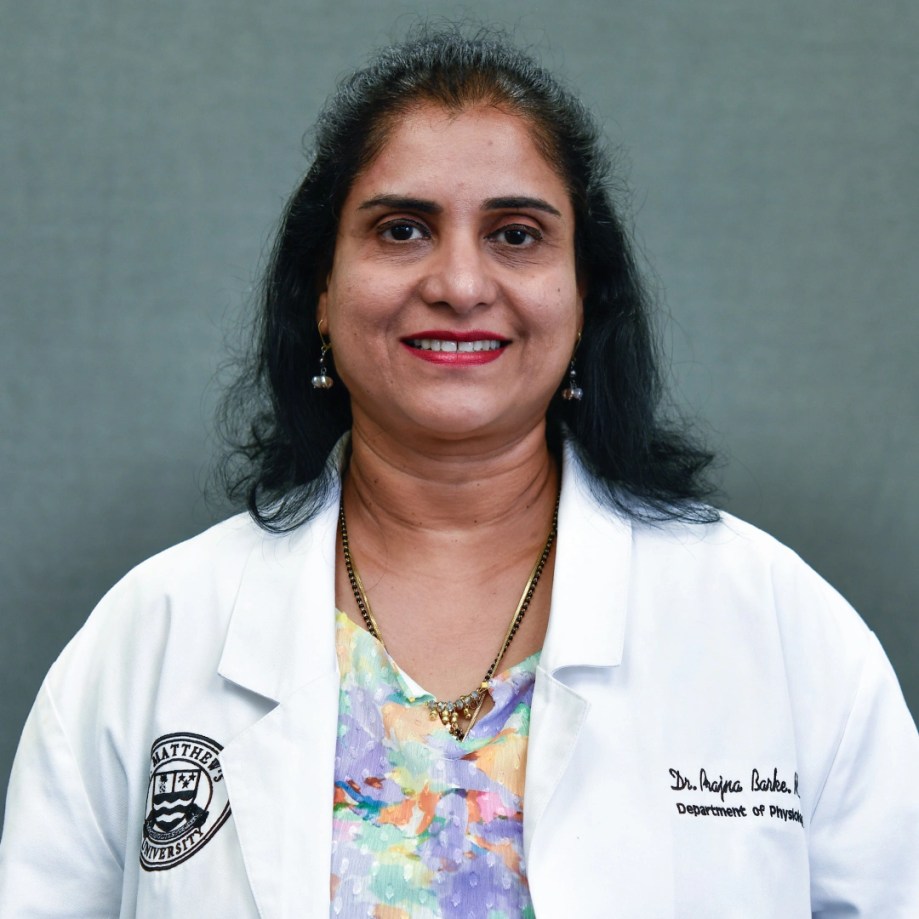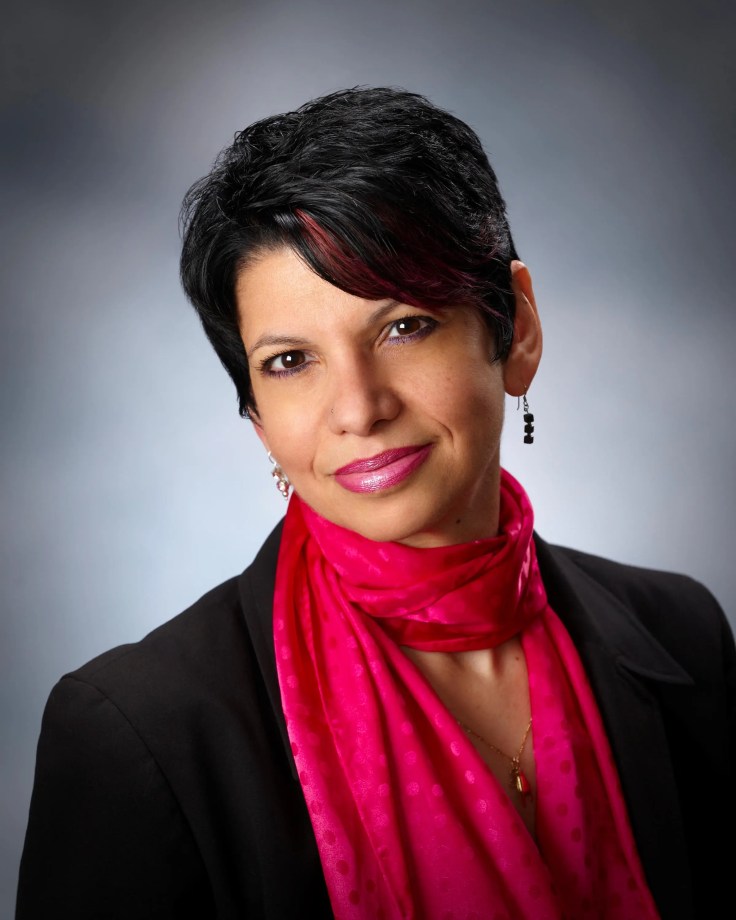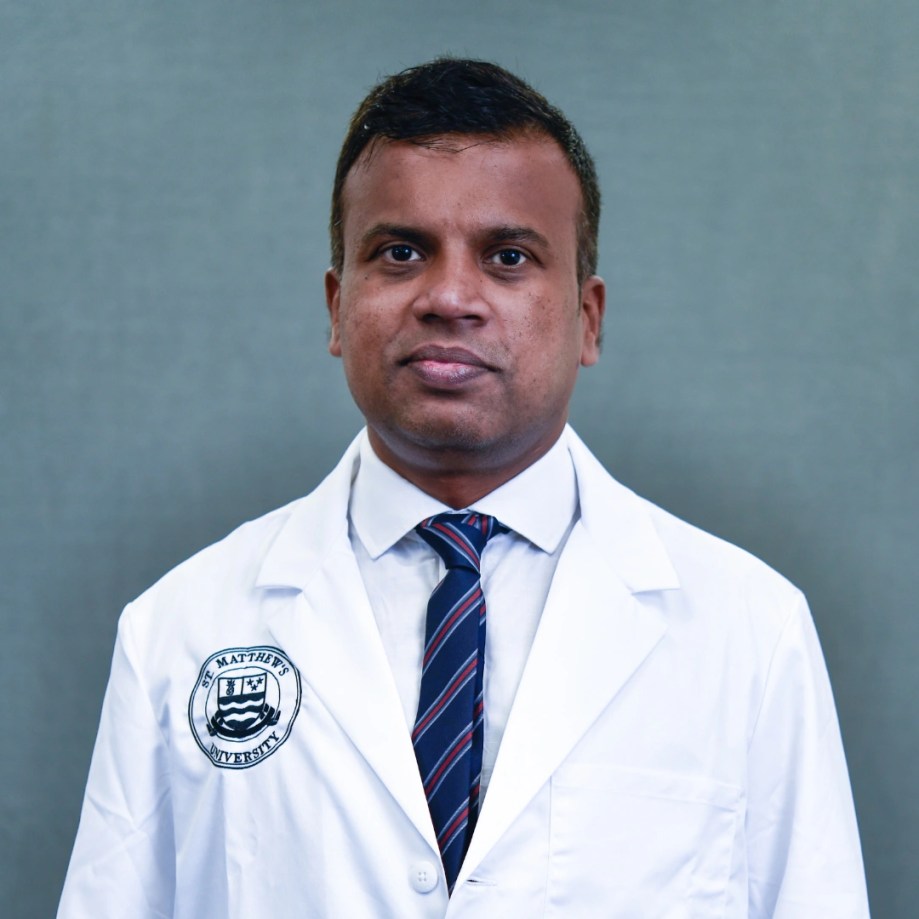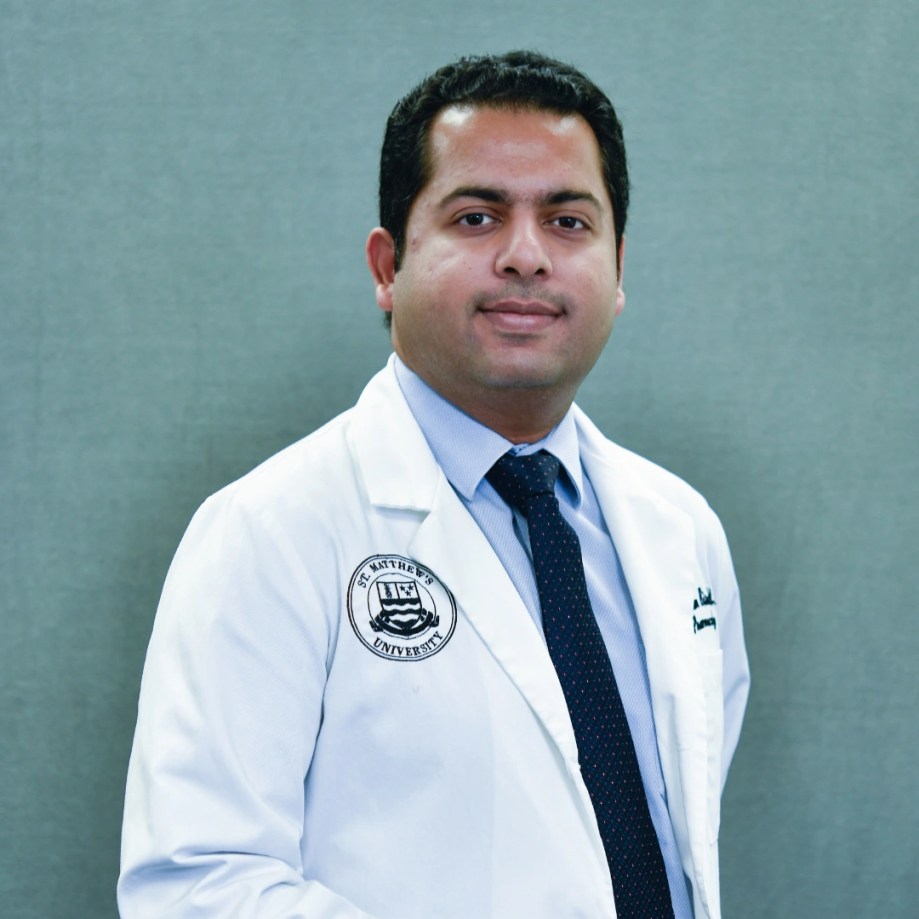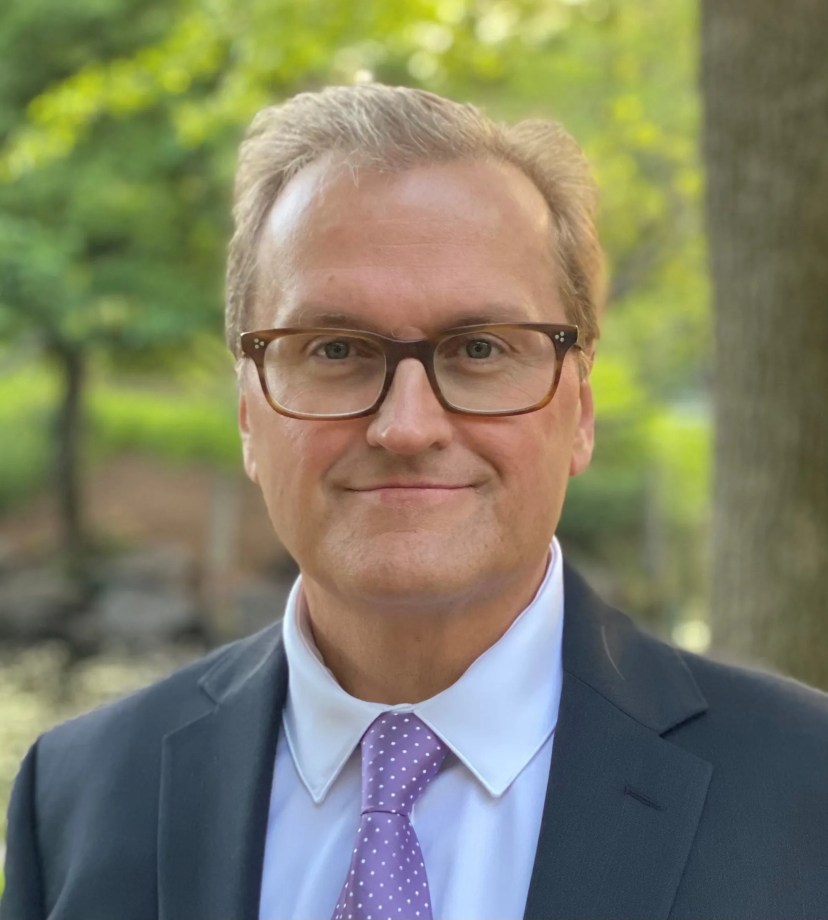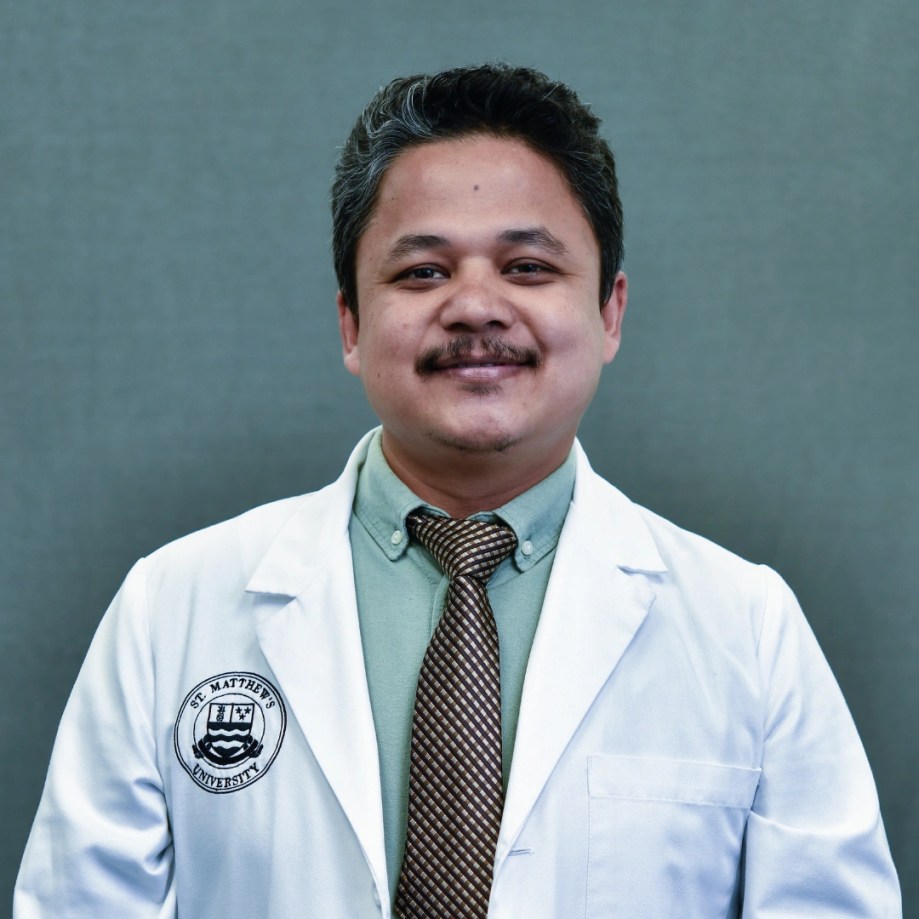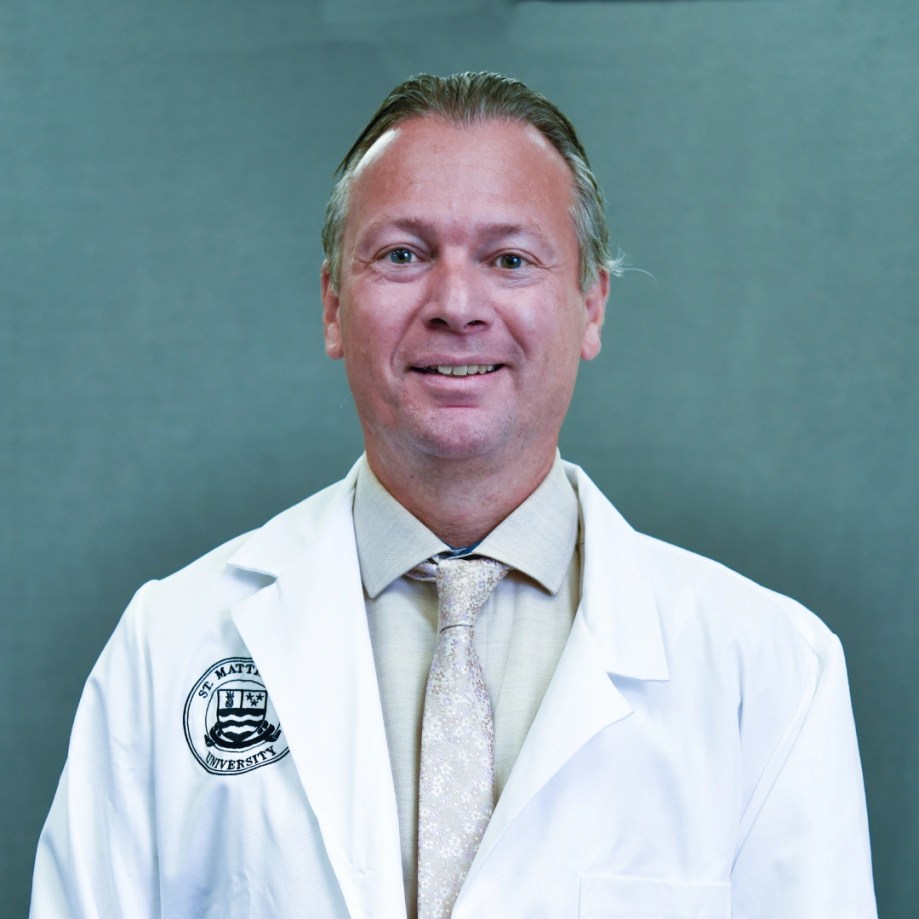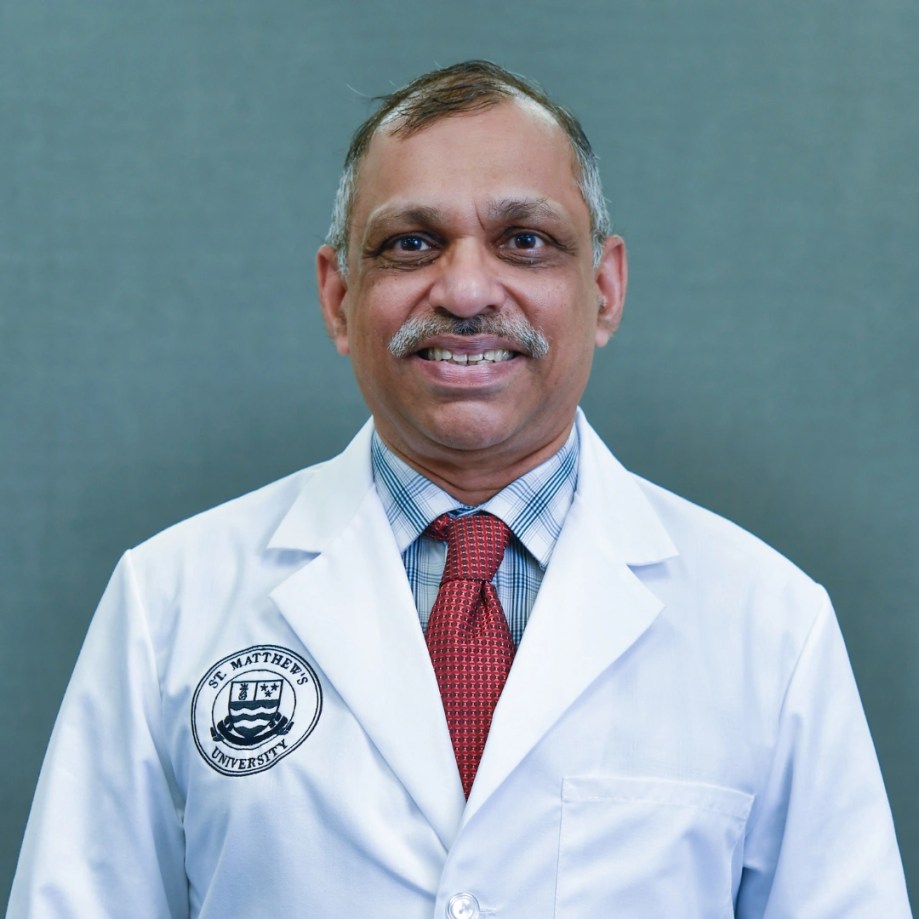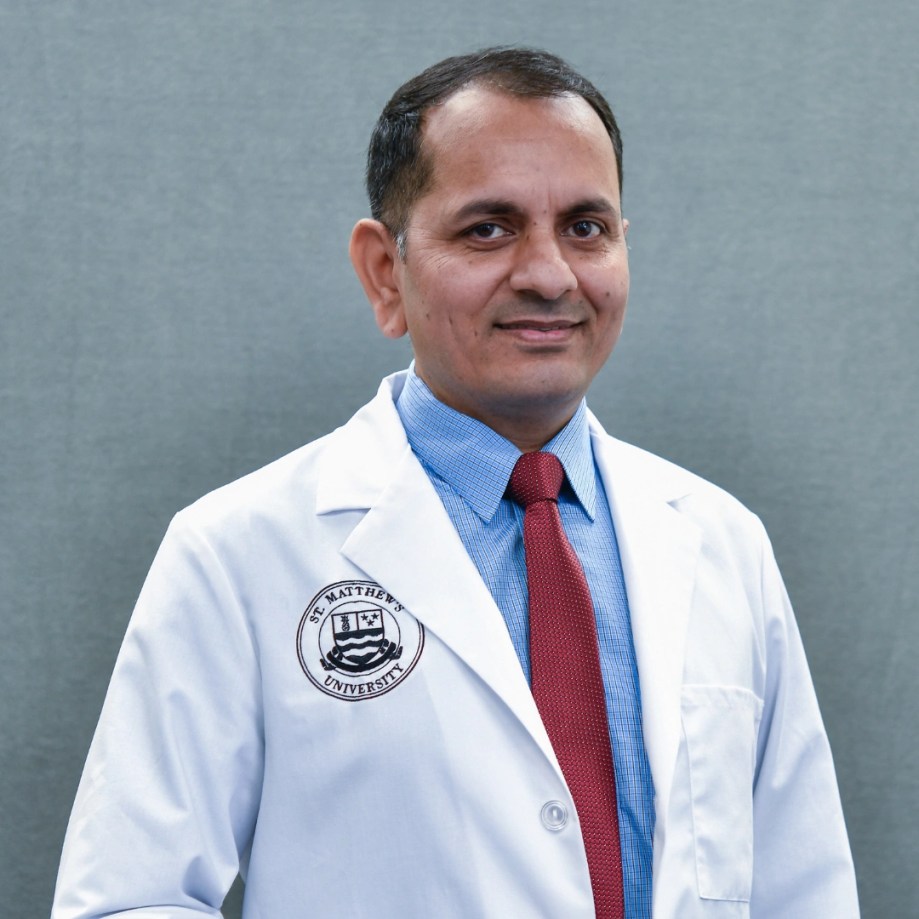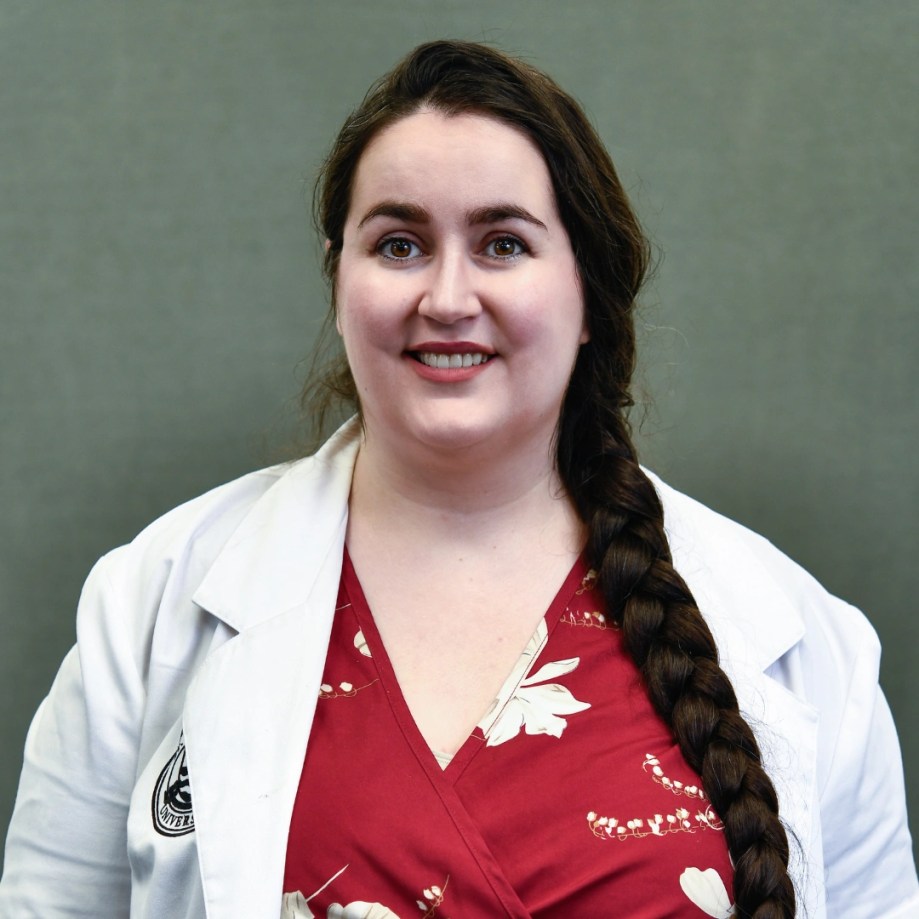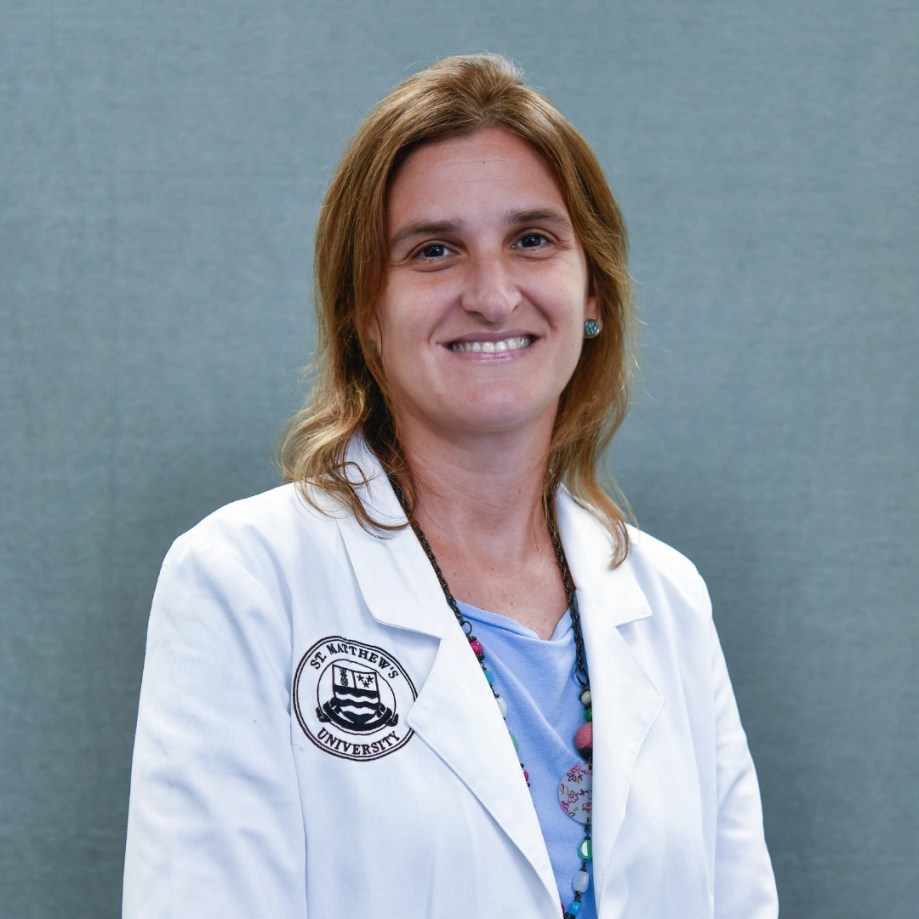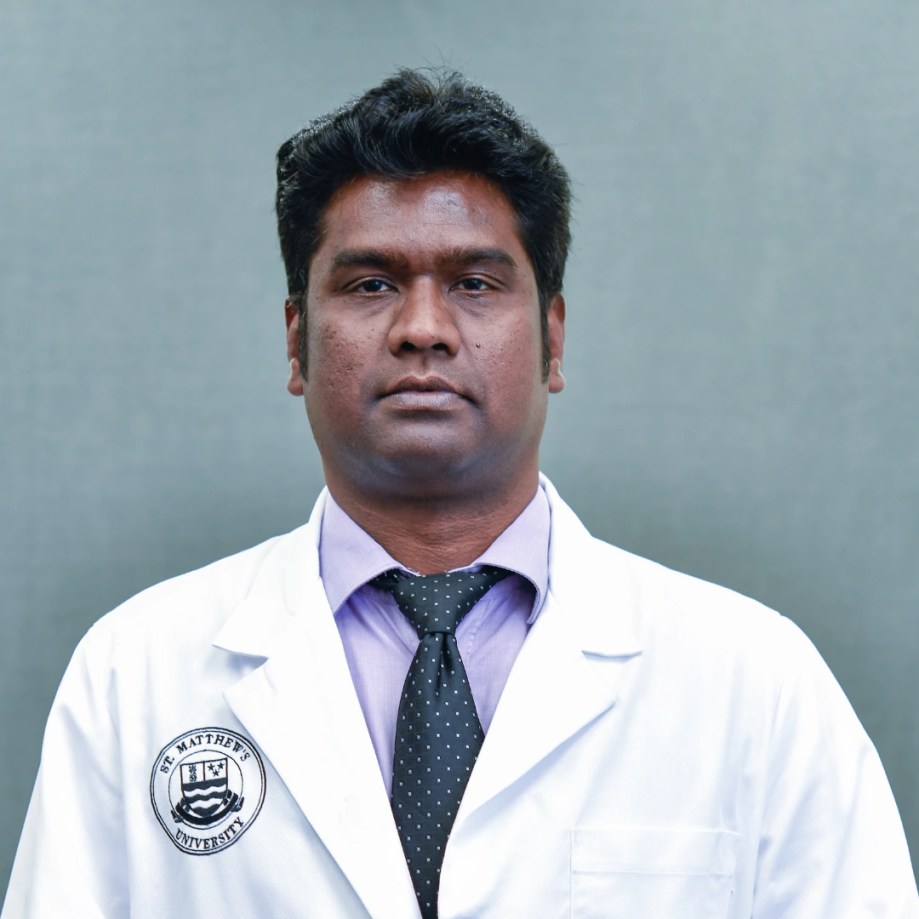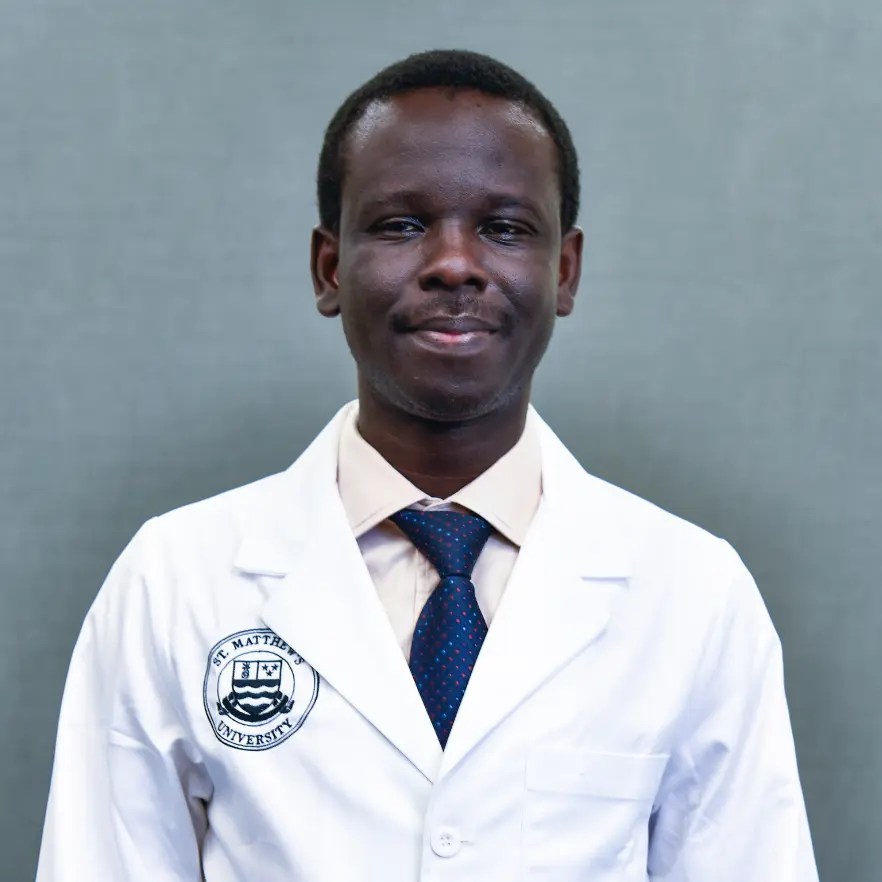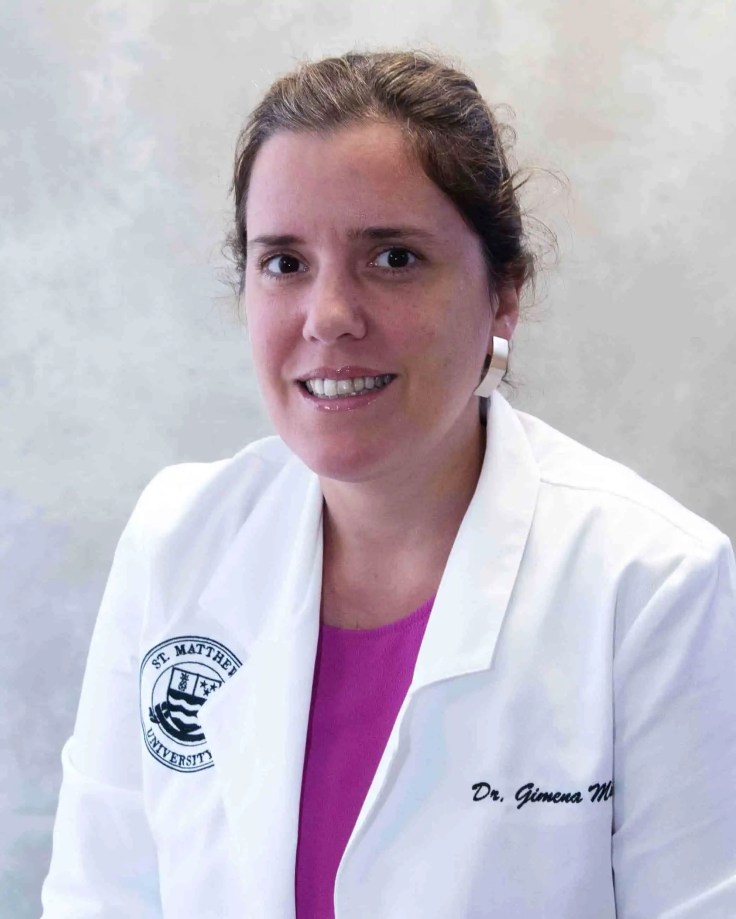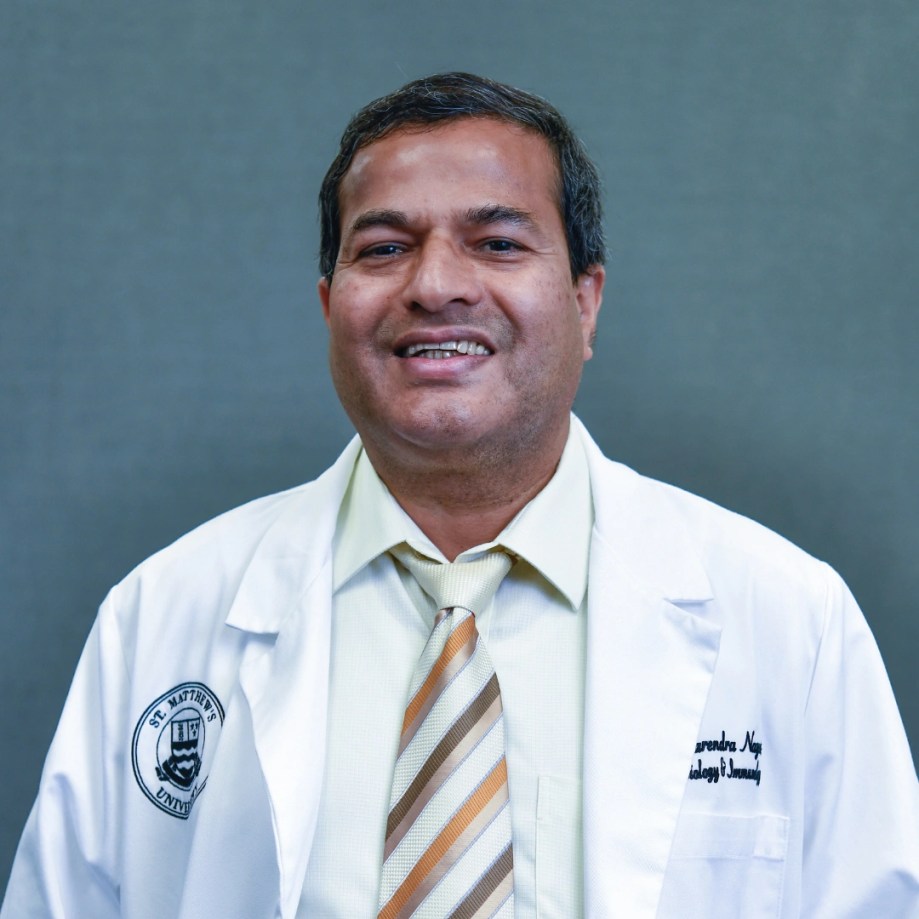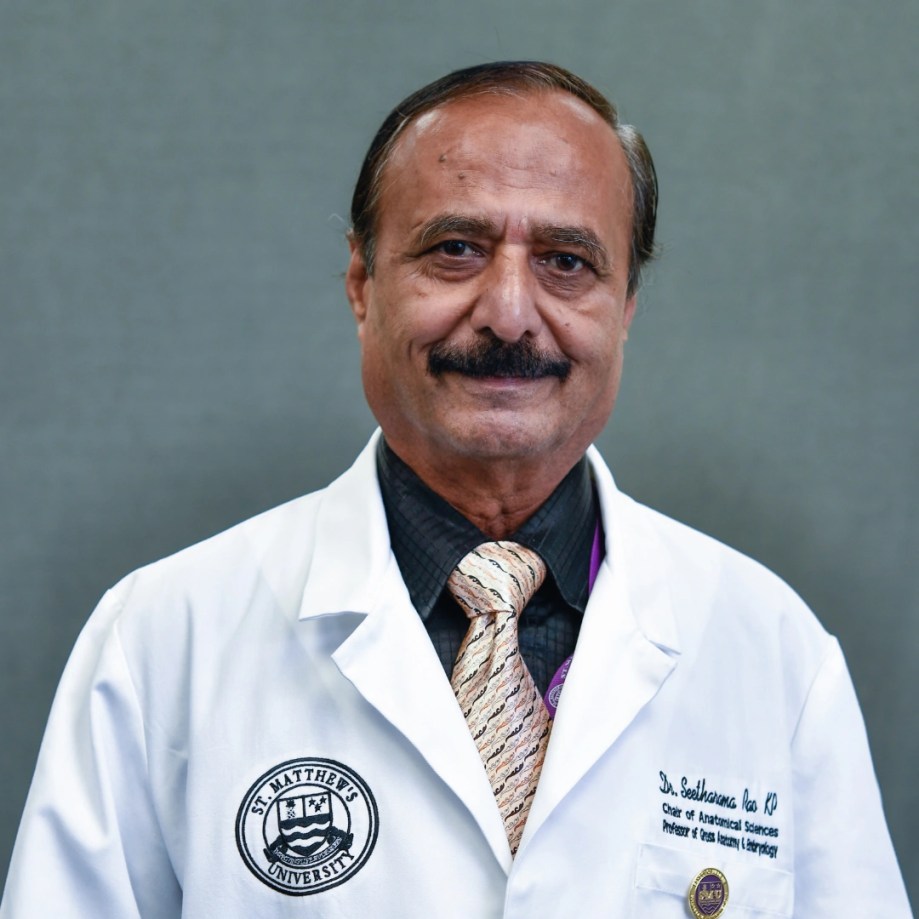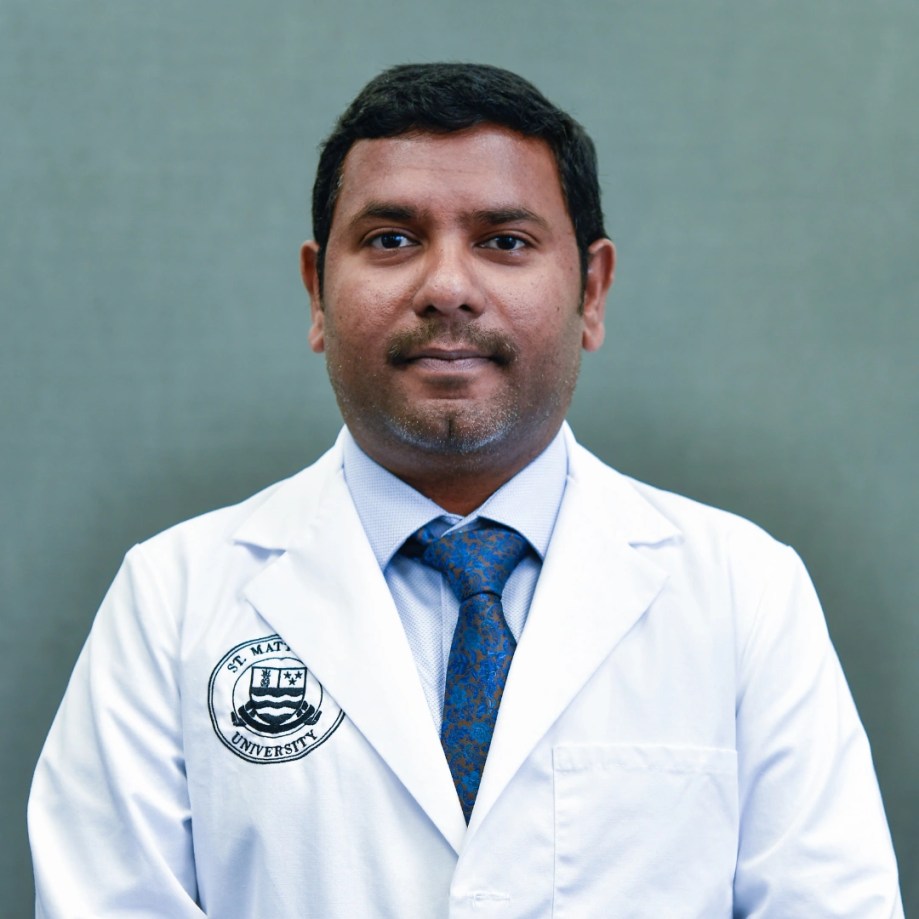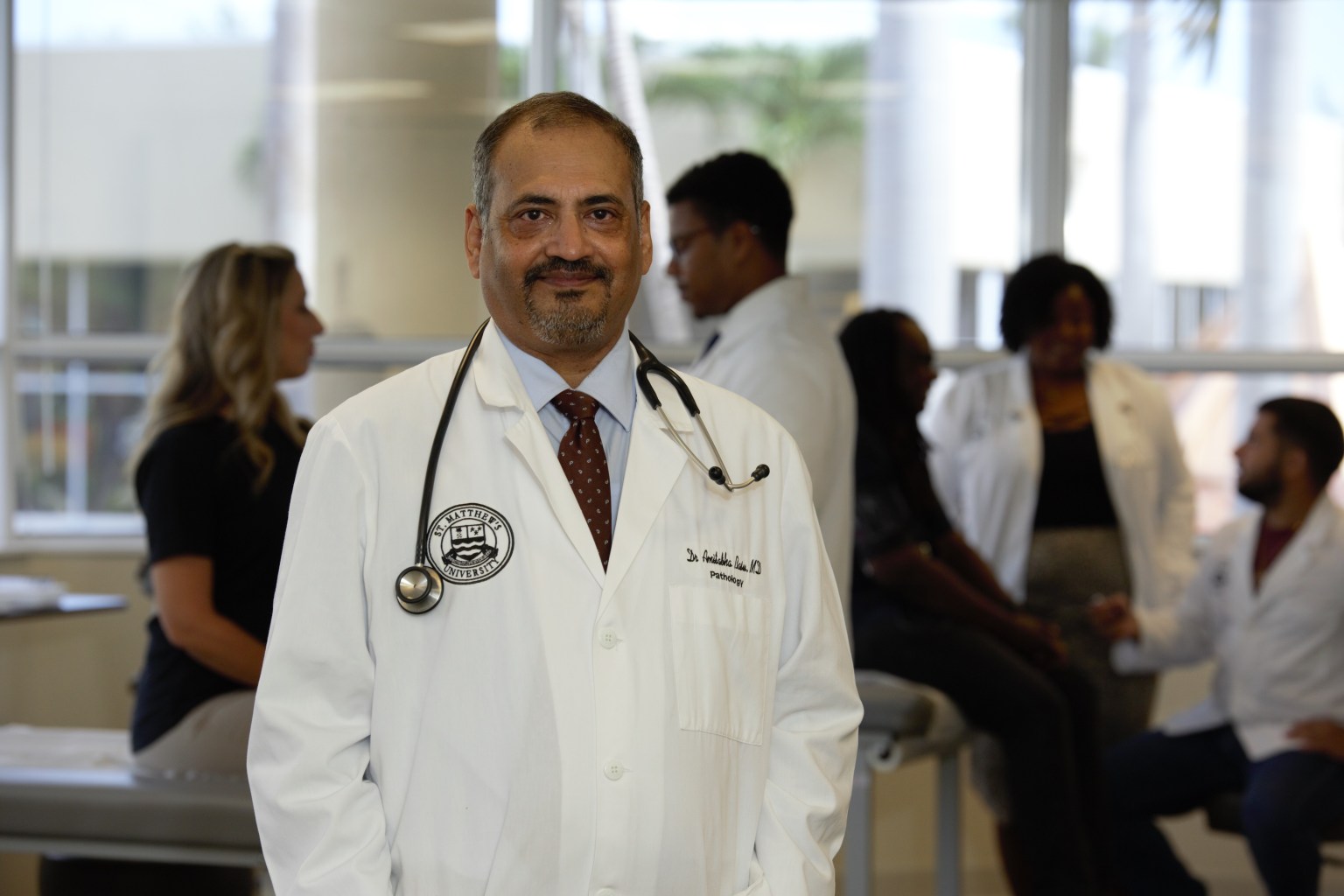
Faculty and Administration
The faculty and administration at St. Matthew’s University bring in-depth experience and knowledge to the challenge of medical education.
All St. Matthew’s University faculty have an advanced medical and/or doctoral degree (MD, MBBS, PhD) with postgraduate training in a medical or academic speciality, as well as demonstrated experience in teaching and/or research. In addition to a 7:1 student-to-faculty ratio, St. Matthew’s University faculty are full-time and devoted exclusively to their teaching mission.
Board of Trustees
- John P. Docherty, MD (Chairman)
- W. Christopher Croley, MD
- John Crocker
- Spencer Amory, MD
- Sahana Vyas, MD
Administration
- Dean of Basic Sciences – Basu Amitabha, MBBS, MD
- Dean of Clinical Sciences – Jon Hojnoski, MD
- Associate Dean of Clinical Students – Terrence Reid, EdD
- Associate Dean of Student Affairs – Maribel Aurelio, MD
- Chief Financial Officer – Terry Moya
- Director of Admissions – Adriana Marin-Negron
- Director of Information Technology – Ripley Eldridge
- Registrar – Paula Boisseau

